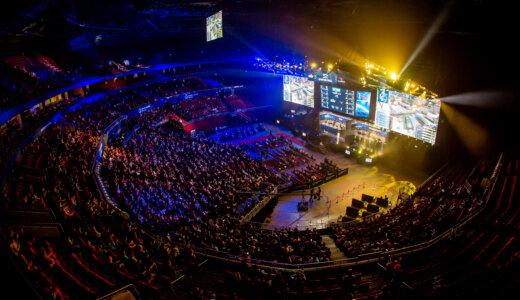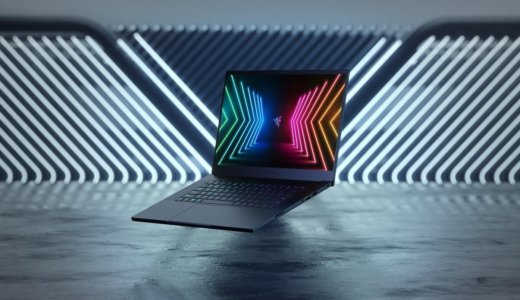The influence of gaming on various technological sectors is indeed profound and far-reaching. Let’s explore these impacts in detail:
1. Artificial Intelligence (AI)
- Healthcare and Rehabilitation: Advanced AI used in gaming for creating realistic non-playable characters (NPCs) is now aiding in healthcare. Stroke patients and individuals with cognitive impairments benefit from AI-powered games designed for brain and limb function rehabilitation. These games provide engaging ways to retrain the brain and recover motor skills.
- Autism Spectrum Disorder (ASD): For children with ASD, AI-powered games create safe environments to develop social and communication skills. These games offer interactive scenarios and feedback, making them effective tools for learning and development.
- Trauma Management: In the realm of mental health, particularly for PTSD in ex-soldiers, games programmed with AI can monitor patient responses, provide feedback to healthcare professionals, and assist in recovery. This demonstrates the adaptability of gaming technology in sensitive and critical care areas.
2. Network and Streaming Technologies
- Livestreaming and Cloud Services: The demand for low-latency, high-quality gaming experiences has propelled advancements in networking and streaming technologies. Early adoption of platforms like Twitch by gamers has influenced the broader popularity of live streaming in various sectors.
- Content Delivery Networks (CDNs): Gaming has driven the evolution of CDNs for faster and more reliable content delivery, benefiting not just gaming but also other digital services.
- Cloud Gaming: Services like Google Stadia and Microsoft xCloud showcase the potential of cloud technology in gaming, hinting at future applications in various digital experiences.
3. Hardware Innovations
- Processing Power and Efficiency: The complex requirements of modern games have pushed the development of more powerful CPUs and GPUs, aiding in scientific research, medical imaging, and AI development.
- Display Technologies: Gaming’s demand for high-resolution and high-fidelity visuals has accelerated the advancement of display technologies like 4K, 8K, and OLED. These are now increasingly integrated into consumer devices, enhancing the overall user experience.
- Input Devices: The evolution of gaming controllers, keyboards, and mice with features like haptic feedback and high-precision sensors benefits not just gamers but also professionals seeking responsive and personalized input devices.
- Smartphones: The influence of gaming is markedly evident in smartphones, which now boast high-performance processors and top-notch graphics capabilities, initially driven by the demands of mobile gaming.
In summary, gaming has not only been a source of entertainment but has also acted as a catalyst for technological innovation across various sectors. From AI and healthcare to network technologies and hardware advancements, the ripple effects of gaming are making significant contributions to our technological landscape, enhancing both functionality and user experience in myriad ways.







